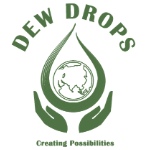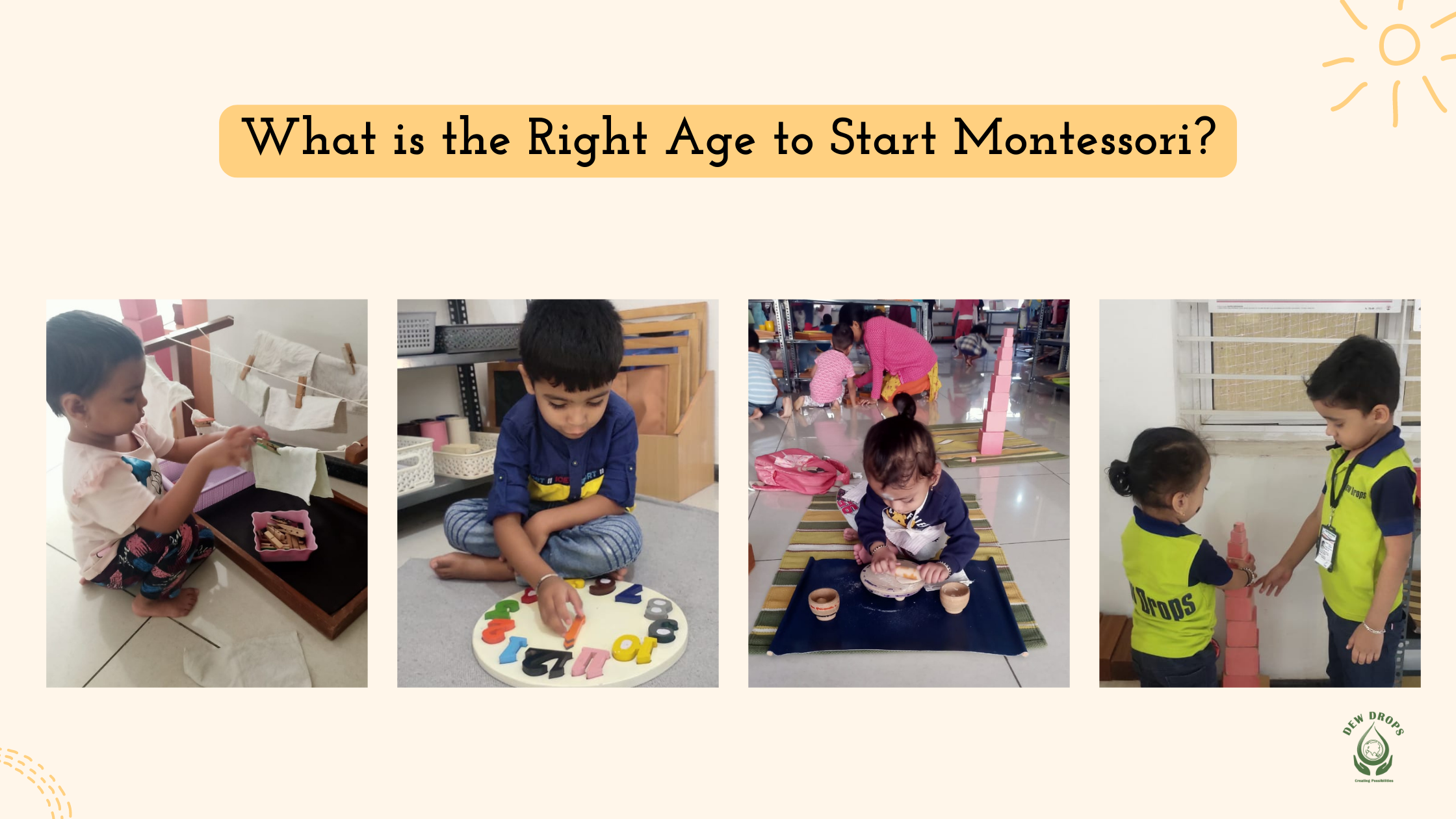Parents face a crucial decision when it comes to choosing the right time to begin their child’s educational journey. To make an informed choice, understanding the optimal age for enrolling in Montessori schooling is essential. In this article, we delve into the wisdom of Dr. Maria Montessori, the creator of the Montessori method, and explore current scientific and neuroscience research to shed light on this important topic.
Dr. Maria Montessori’s Perspective:
Dr. Maria Montessori, a pioneer in early education, believed in the immense value of early learning and recognized the incredible potential of every child. According to her, the first few years of a child’s life are pivotal for their growth, making it possible to introduce the Montessori method as early as infancy. The core philosophy of Montessori education revolves around understanding and catering to the natural stages of development, providing personalized learning experiences tailored to each child’s unique needs. Dr. Montessori firmly believed that young children possess a remarkable ability to absorb information from their surroundings.
The Backing of Science and Neuroscience Research:
Modern scientific discoveries and neuroscience research lend support to Dr. Montessori’s ideas about early education. Studies in neuroscience have revealed that the human mind undergoes critical development in the initial years of life. During this period, the brain exhibits a remarkable capacity for learning, forming connections, and acquiring new skills. This aligns perfectly with the Montessori principle that a child’s cognitive, social, and emotional development should be stimulated within a rich environment.
Sensitive Periods and Optimal Learning Windows:
Neuroscience research has demonstrated that the brain’s ability to learn is strongest during sensitive periods or critical developmental windows. Dr. Montessori’s stages of development correspond closely to these sensitive periods. For instance, the “sensitive period” for language, lasting from birth to around six years old, is when children are particularly receptive to acquiring new languages. By providing materials and activities that correspond to each stage of development, Montessori education capitalizes on these sensitive periods, maximizing a child’s potential for learning.
The Benefits of Early Montessori Education:
While there is no set age to begin Montessori education, starting at an early age offers significant advantages. The fusion of modern scientific research and Dr. Maria Montessori’s insights highlights the importance of early Montessori education. Montessori schools lay a solid foundation for lifelong learning, fostering an environment that nurtures a child’s innate curiosity and supports their holistic development.
Montessori education embodies a holistic approach that nurtures a child’s physical, cognitive, social, and emotional growth. At Dew Drops Montessori School, we remain dedicated to upholding Dr. Montessori’s philosophy, providing a prepared environment tailored to meet the unique needs of each child. To learn more about our Primary Montessori programs and how they can contribute to your child’s growth, we encourage you to get in touch with us today.

